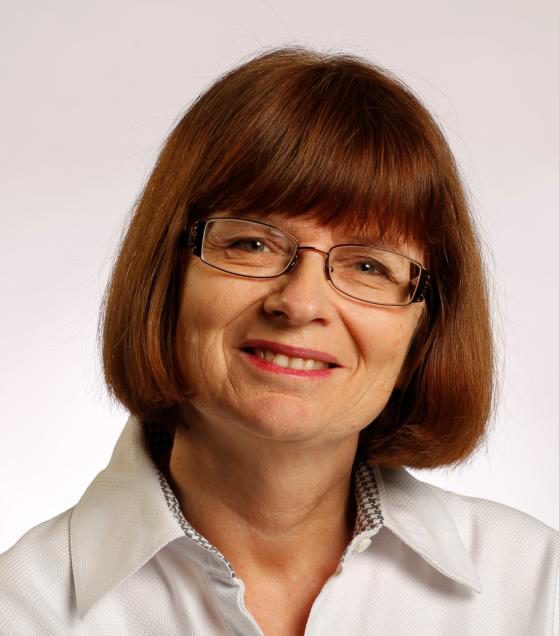Globe Public editor: How government tries to define the news agenda
If you haven’t read this great behind the scenes look at a government trying to control the media, I encourage you to do so. It lifts a veil on how governing parties try to throw up roadblocks to keep reporters away from negative coverage.
 By Sylvia Stead, Public Editor for The Globe and Mail
By Sylvia Stead, Public Editor for The Globe and Mail
If you haven’t read this great behind the scenes look at a government trying to control the media, I encourage you to do so. Written by investigative reporter and former Queen’s Park correspondent Karen Howlett, it lifts a veil on how governing parties try to throw up roadblocks to keep reporters away from negative coverage.
And in this great multimedia look by editor Stuart Thompson at the more than 1,300 emails from Ontario Liberal staffers concerning the closing of two power plants, you can see in the narrative section the efforts made to divert attention.
In this case, the then Premier Dalton McGuinty’s office tried to deflect with a good news story on banning tanning beds by people under the age of 18. They also tried very hard to keep ministers on their “key messages” and not be drawn into conversations with journalists. And another effort was to “leak” details suggesting Mr. McGuinty might run for the federal Liberal leadership – a false story.
[node:ad]
Related content on J-Source:
- Globe Public editor: Setting the record straight on an upside-down jet
- On-Air errors must be corrected on-air: Canadian Broadcast Standards Council
- CBC creates new position for newsroom liaison with Ombudsman office
This practice isn’t exclusive to Mr. McGuinty’s office, it is tried by governments everywhere. Major statements are often delayed to late Friday afternoons to avoid the week of questions. The leader might not be available to answer any questions, they may head out of town away from the regular political reporters or they might go to a friendly source for the interview.
This column appeared on theglobeandmail.com originally and was republished here with the author's permission. To continue reading, please click here.
Tamara Baluja is an award-winning journalist with CBC Vancouver and the 2018 Michener-Deacon fellow for journalism education. She was the associate editor for J-Source from 2013-2014.

